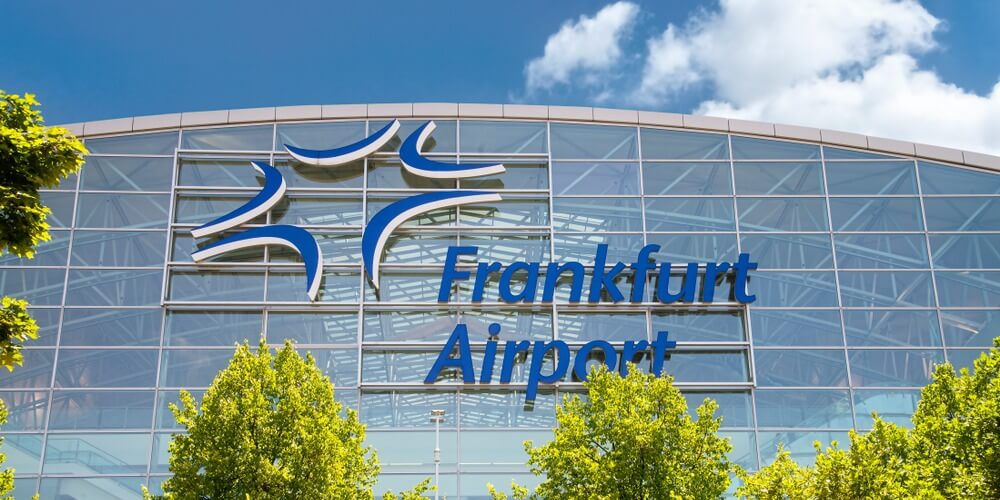
Germany’s busiest airport continues to mull halal logistics despite new study revealing strong demand among Muslims
Fraport, the company that operates Frankfurt airport, will not be implementing halal logistics anytime soon despite a new study revealing strong demand among Muslims for halal products via air freight.
The study led by the Frankfurt University of Applied Sciences included an analysis of the market potential for halal logistics in the air cargo industry.
Its survey of 772 Muslims found that 80% of respondents would be willing to spend between 5% and 20% more for halal products than for non-halal products, with a significant 88% saying it is “very important” to consume products that comply with halal guidelines. The survey also confirmed that potential customers pay particular attention not only to the integrity of the product itself but also to the supply chain, said the study.
Fraport senior manager for cargo development, Bernhard Lessmann, told Salaam Gateway the study gives in-depth insights into the challenges, advantages and disadvantages of halal logistics.
“However, many questions affecting us as an airport operator as well as other parties involved in the supply chain have not been answered yet,” said Lessmann.
“For this reason, we will continue to observe further research on that field and evaluate in how far Fraport together with all its partners of the cargo community can implement new processes specialized on halal logistics.”
Halal logistics remains under-used in Europe, with only Rotterdam, Zeebrugge and Marseille seaports either partially or fully certified to halal standards, wrote the co-authors of the study Yvonne Ziegler, Vicenzo Uli, Astrid Kramer, and Mahmoud Tatari.
Interest to develop halal logistics for Germany, especially Frankfurt that houses the Federal Republic’s busiest airport, is based on the five million-strong Muslim population and the country’s substantial exports to Islamic countries, particularly in pharmaceutical products.
In 2020, Germany shipped $4.3 billion of pharmaceutical products to the 57 countries of the Organisation of Islamic Cooperation, according to data from the U.N.’s ITC Trade Map.
Additionally, large Islamic markets such as Indonesia and Saudi Arabia are increasingly strengthening their halal regulatory systems and demanding halal certificates for more products, which European exporters need to be mindful of.
Outside of Europe, halal logistics has picked up most traction in Malaysia that is considered the pioneer in the introduction of halal certificates for logistics.
Notably, Japan’s Nippon Express in March started a new halal-certified domestic air cargo transport service. Nippon Express received halal logistics certification in Malaysia in 2014 and in 2016 started its halal services in Japan. Its subsidiary in Indonesia is also halal-certified for one of its logistics centres.
© SalaamGateway.com 2021 All Rights Reserved
